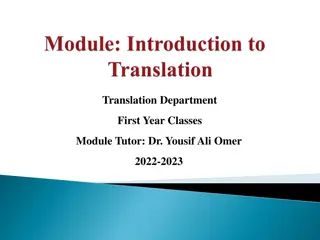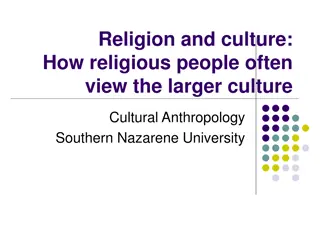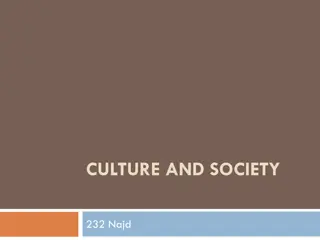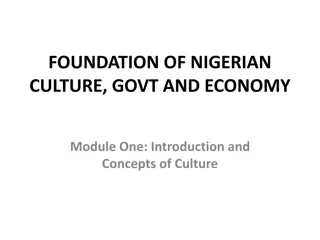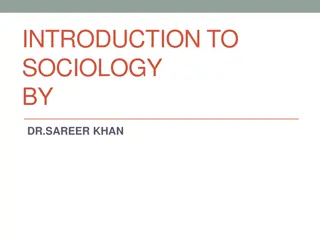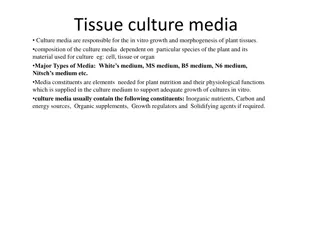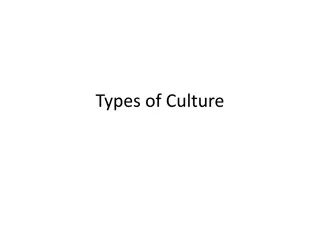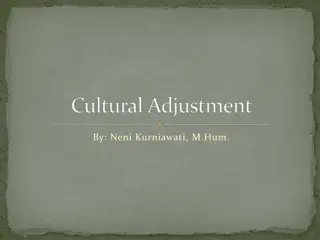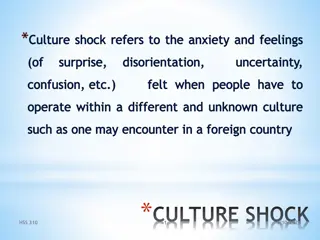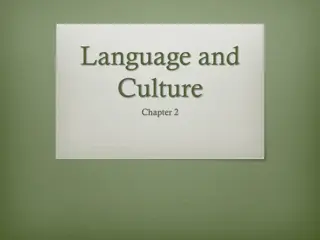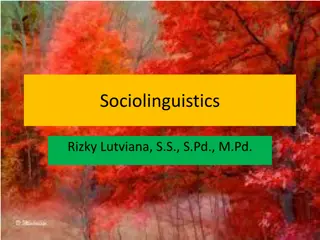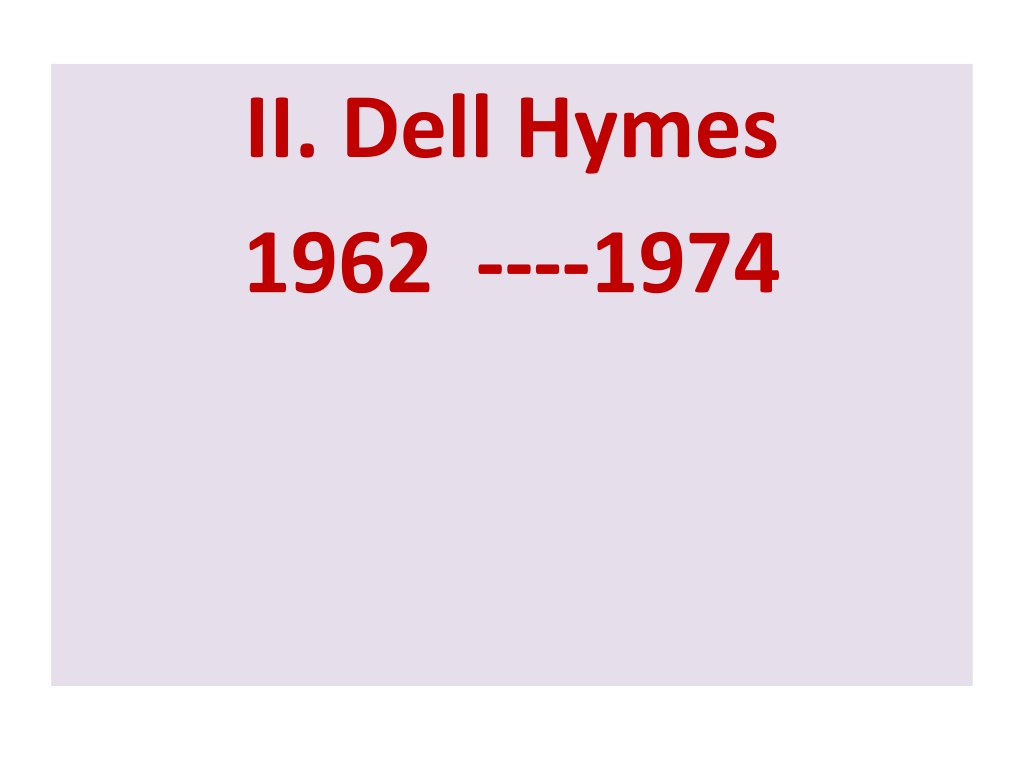
Dell Hymes and the Socially Constituted Linguistics Perspective
Explore Dell Hymes' critique of Noam Chomsky's formalist perspective on language, emphasizing the importance of social knowledge in shaping linguistic forms and providing contextually appropriate communication within different communities. Hymes called for a more inclusive theory of language that considers sociocultural influences on linguistic practices.
Uploaded on | 0 Views
Download Presentation

Please find below an Image/Link to download the presentation.
The content on the website is provided AS IS for your information and personal use only. It may not be sold, licensed, or shared on other websites without obtaining consent from the author. Download presentation by click this link. If you encounter any issues during the download, it is possible that the publisher has removed the file from their server.
E N D
Presentation Transcript
II. Dell Hymes 1962 ----1974
A socially constituted linguistics A similar connection between language and culture can be found in the work of Dell Hymes (1962, 1964, 1971, 1972a, b, 1974), another linguistic anthropologist. Hymes developed a conceptualization of language as context-embedded social action.
According to Noam Chomskys (1957, 1965) theory of language. In keeping with a formalist perspective, Chomsky conceptualised language as a fixed, universal property of the human internalised sets of principles language-specific grammatical rules could be derived, and thus describable in context-free, invariant terms. mind containing from which
Hymes regarded this view of language as too restrictive in that it did not, account for the social knowledge we rely on to produce and interpret utterances appropriate to the particular contexts in which they occur. in fact could not,
He noted, it is not enough for the child to be able to produce any grammatical utterance. It would have to remain speechless if it could not decide which grammatical utterance here and now, if it could not connect utterances to their contexts of use .
It is this social knowledge, Hymes argued, that shapes and gives meaning to linguistic forms. Because involvement activities of our everyday lives is usually with others who share our expectations, these links are often difficult to see. in the communicative However, although it may be difficult to perceive their vitality, they cannot insignificant to the accomplishment of our everyday lives. be considered
Thus, Hymes called for a more adequate theory of language that could account for the sociocultural knowledge that we draw on when using our linguistic resources so that they are considered structurally sound, referentially accurate and contextually appropriate within the different groups and communities to which we belong.
Socially constituted linguistics The phrase socially constituted is intended to express the view that social function gives form to the ways in which encountered in actual life. linguistic features are This being so, an adequate approach must begin by identifying social functions, and discovering the ways in which linguistic features are selected and grouped together to serve them. Hymes (1974)
A socially constituted approach to the study of language and culture Arguing for a socially constituted linguistics in which social function is treated as the source from which linguistic features are formed, Hymes developed an approach to the study of language he called the ethnography of speaking.
In contrast to more formal descriptions of language as inherently coherent systems, the focus of Hymes s approach conventional patterns members of particular sociocultural groups as they participate in their everyday activities, with the goal of such research being not to seek the replication of uniformity, but the organization of diversity (Hornberger, 2009). is on language capturing the by of used communicative
A great deal of research, particularly in the fields of linguistic anthropology, communication, and education, has used investigate a wide range of communicative events and activities of many different groups and communities. this approach to
The conceptual base of an ethnography of speaking Now it is desirable . . . to take as a working framework: 1. the speech of a group constitutes a system; 2. speech and language vary cross-culturally in function; 3. the speech activity of a community is the primary object of attention. A descriptive grammar deals with this speech activity in one frame of reference, an ethnography of speaking in another. So (what amounts to a corollary, 3b), the latter must in fact include the former. Hymes (1962)


